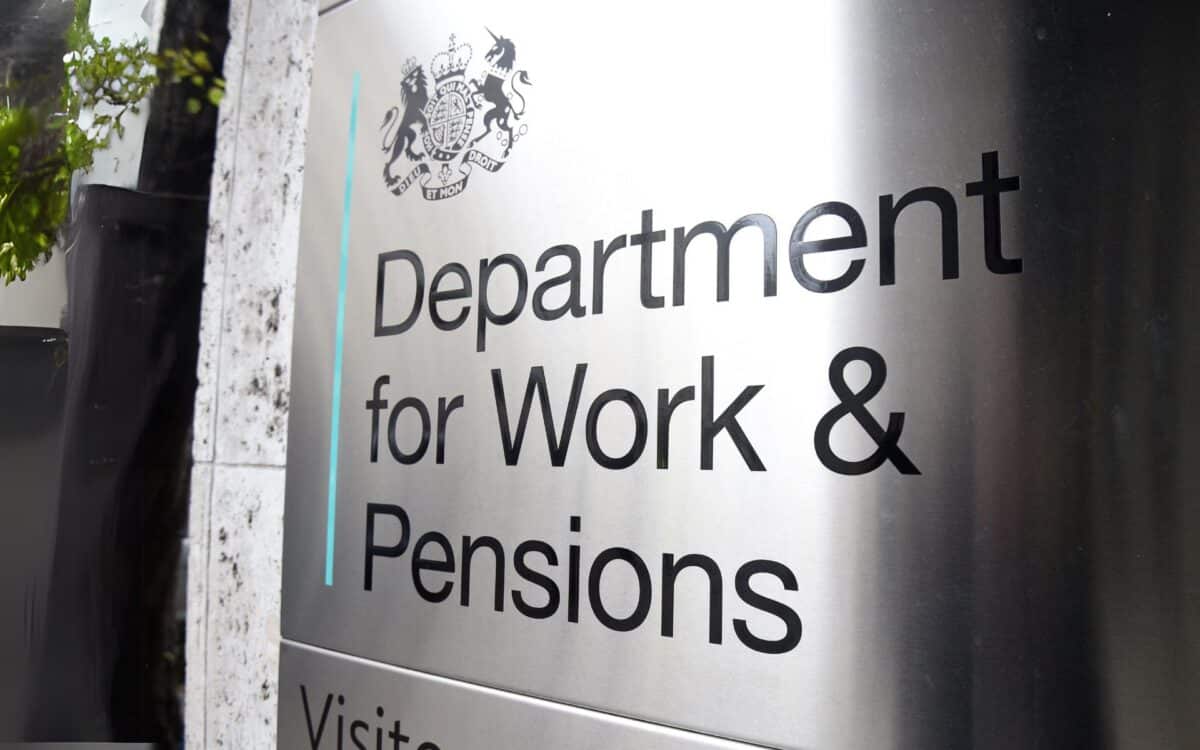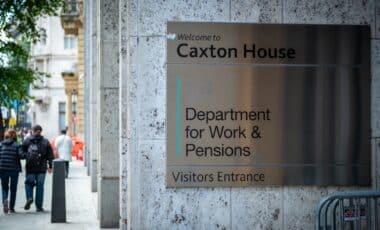In the face of a growing cost of living crisis, campaigners are calling for a significant increase in the Carer’s Allowance, with the DWP urged to align it more closely with the minimum wage. The proposal aims to better align this benefit with the minimum wage, offering a fairer rate to those who dedicate their time to caring for others.
This move comes as the government faces increasing pressure to address the financial challenges faced by unpaid carers, whose contributions are crucial to the wellbeing of society.
The Push for a Fairer Carer’s Allowance
Currently, unpaid carers in the UK receive Carer’s Allowance as compensation for their time and efforts. However, this payment has long been criticised for falling below what many consider a fair wage.
The current rate for Carer’s Allowance is often described as insufficient, particularly when compared to the national minimum wage. Campaigners argue that it is time for a significant increase that would better reflect the value of this important work.
A movement has gained momentum, calling for the Department for Work and Pensions (DWP) to bring Carer’s Allowance in line with the minimum wage. This adjustment would provide carers with a payment that more accurately compensates their role.
Advocates for this reform have highlighted that many carers face financial strain, struggling to balance their caregiving responsibilities with the cost of living.
The Economic Impact of Unpaid Carers
Unpaid carers play an essential role in society, contributing billions of pounds to the economy each year. Studies have estimated that the economic value of unpaid care is comparable to the functioning of an entire health system.
- Unpaid carers contribute over £160 billion annually to the UK economy.
- This contribution is comparable to the size of the NHS.
- Over 1.4 million individuals in the UK currently claim Carer’s Allowance.
While these figures demonstrate the economic importance of carers, they also underline the need for fairer compensation. Many carers provide services that would otherwise require paid professionals, yet they are often undercompensated and overburdened.
The Campaign for Change
The recent campaign calling for the increase of Carer’s Allowance has gathered significant support. The proposal advocates for a weekly payment that mirrors the national living wage, which is £11.44 per hour. This would amount to a weekly payment of approximately £400.
- The current weekly Carer’s Allowance stands at £81.90.
- A rise to meet the national wage would provide carers with £400 per week.
- This change could alleviate the financial pressures faced by carers, who often struggle to make ends meet.
Campaigners also argue that aligning the Carer’s Allowance with the minimum wage would be a long-overdue recognition of the contribution made by unpaid carers. Despite the essential services they provide, many are forced to claim additional benefits like Universal Credit to support themselves.
Barriers to Reform and the DWP’s Challenges
Despite widespread support for an increase in Carer’s Allowance, challenges remain. One of the primary obstacles to reform is the financial cost to the government and the DWP. Raising Carer’s Allowance to match the national living wage would require substantial investment.
Moreover, there are concerns that an increase in benefits could result in a rise in the overall welfare bill, which might face resistance from those who argue for fiscal restraint. Nevertheless, many believe that this reform is necessary to ensure that the carers who keep the system functioning are adequately rewarded for their work.
The Impact on the Government
An increase in Carer’s Allowance could also have political ramifications. The decision could be seen as a test for the current government’s commitment to addressing issues of social equity and economic justice.
- The Labour government has expressed a willingness to tackle issues related to the cost of living.
- The rise in Carer’s Allowance could be a key step in achieving that goal.
- It would likely be well-received by the public, particularly in light of the rising demand for care services.
There are also concerns that this increase might not be enough to cover all the needs of unpaid carers, who are facing increasing demands on their time and resources.
Long-Term Benefits of Reform
Though the short-term costs of raising Carer’s Allowance might seem significant, experts suggest the long-term benefits could be substantial. By providing fairer compensation to carers, the government could enhance the quality of care provided across the country. Furthermore, supporting carers financially could lead to greater economic productivity, as it would alleviate some of the stress associated with financial insecurity.
- Better financial security for carers could reduce reliance on other forms of state support.
- Ensuring that carers are adequately compensated could improve the quality of care for those who depend on it.
In the long run, this reform could reduce the burden on the public healthcare system, improving overall societal wellbeing. The DWP’s proposed changes to Carer’s Allowance are a necessary step in ensuring that those who provide essential care are properly recognised.









